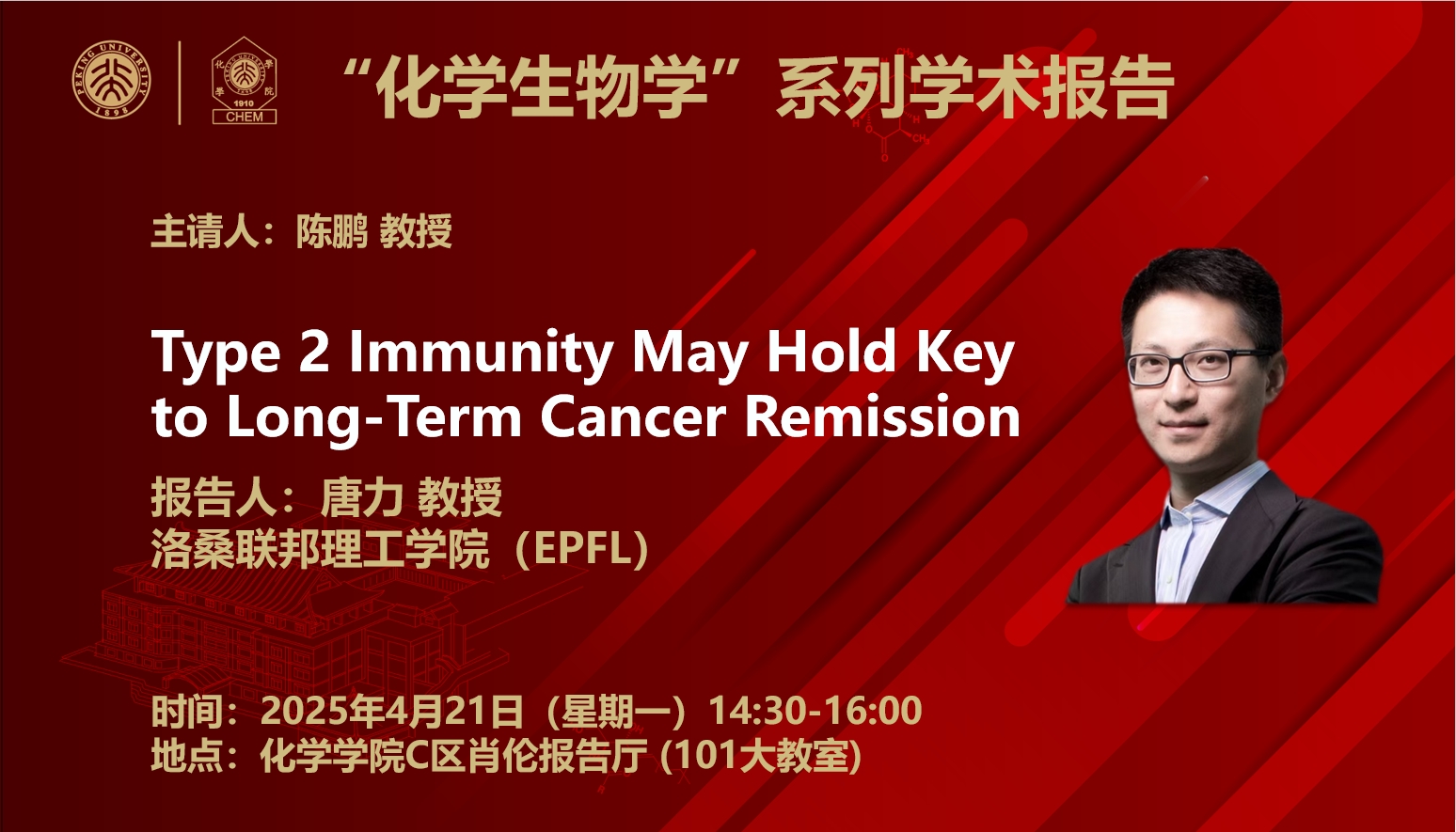
Abstract
Current cancer immunotherapies rely mostly on one type of immune responses, named type 1 immunity. Another type of important immune responses, type 2 immunity, has been known to fight against parasitic immune threats, but is much less studied for its role in cancer immunotherapy and the reports so far are paradoxical. Together with our collaborators, we recently found that type 2, surprisingly, rather than type 1, immune function in the infusion product of anti-CD19 CAR-T cells strongly and positively correlated with ultra-long-term cancer-free survival (>8 years) in acute lymphoblastic leukemia (ALL) patients, suggesting the potentially critical but unexplored role of type 2 immunity in durable anti-cancer immune responses (Nature 2024b). We further found IL-4 plays an important role in reinvigorating exhausted CD8+ T cells for enhanced immunotherapy, suggesting a previously unknown function of type 2 cytokines in enhancing the antitumor effects of type 1-centric immunotherapies (Nature 2024a).
In addition, my lab discovered that IL-10 (also a type 2 function-related cytokine) directly reinvigorates the terminally exhausted CD8+ T cells in tumor through metabolic reprogramming, a subset of exhausted T cells that do not respond to immune checkpoint blockade therapies and are known to be difficult to revitalize (Nat. Immunol. 2021). Based on these findings, my lab further developed IL-10-secreting CAR-T cells and showed that these CAR-T cells completely cleared the established solid tumors and metastatic cancers in several syngeneic and xenograft mouse models, and induced stem cell-like memory responses that imparted durable protection against tumor rechallenge (Nat. Biotech. 2024). The IL-10-expressing CD19 CAR-T cells, discovered and developed by my team, are being tested in several on-going first-in-human IIT clinical trials for the treatment of r/r Diffuse large B-cell lymphoma or B-cell Acute Lymphoblastic Leukemia (NCT06393335, NCT05715606, NCT05747157, NCT06120166, NCT06277011), showing promising preliminary clinical results of inducing durable complete remission in the treated patients. These studies, both preclinical and clinical, not only sheds light on the synergy between these two types of immune response, but also unveils an innovative strategy for advancing next-generation cancer immunotherapy by integrating type 2 immune factors.
Biography
Li Tang received his B.S. in Chemistry from Peking University, China, in 2007, and Ph.D. in Materials Science and Engineering from University of Illinois at Urbana-Champaign, USA, in 2012, under the supervision of Prof. Jianjun Cheng. He was a CRI Irvington Postdoctoral Fellow in the laboratory of Prof. Darrell Irvine at Massachusetts Institute of Technology during 2013-2016. He joined the faculty of Institute of Bioengineering, and Institute of Materials Science & Engineering, at École polytechnique fédérale de Lausanne (EPFL), Switzerland, as a Tenure-Track Assistant Professor in 2016, and promoted to Associate Professor with tenure in 2022. He is also the Vice Dean for Innovation, and Director of Innovate4Life program at School of Life Sciences, EPFL.
His research focuses on developing multidimensional immunoengineering approaches for enhanced cancer immunotherapies. Dr. Tang is the recipient of Friedrich Miescher Award (2025) from Life Sciences Switzerland (LS2), Leenaards Prize for Translational Medical Research (2025), Biomaterials Science Lectureship (2025), CAB Mid-Career Investigator Award (2024), Biomaterials Award for Young Investigators (2024), Cancer Research Institute CLIP Award (2021), Anna Fuller Award (2021 and 2022), European Research Council (ERC) Starting Grant Award (2018), and named in the MIT Technology Review’s "Top 35 Innovators under Age 35" list of China region (2020).